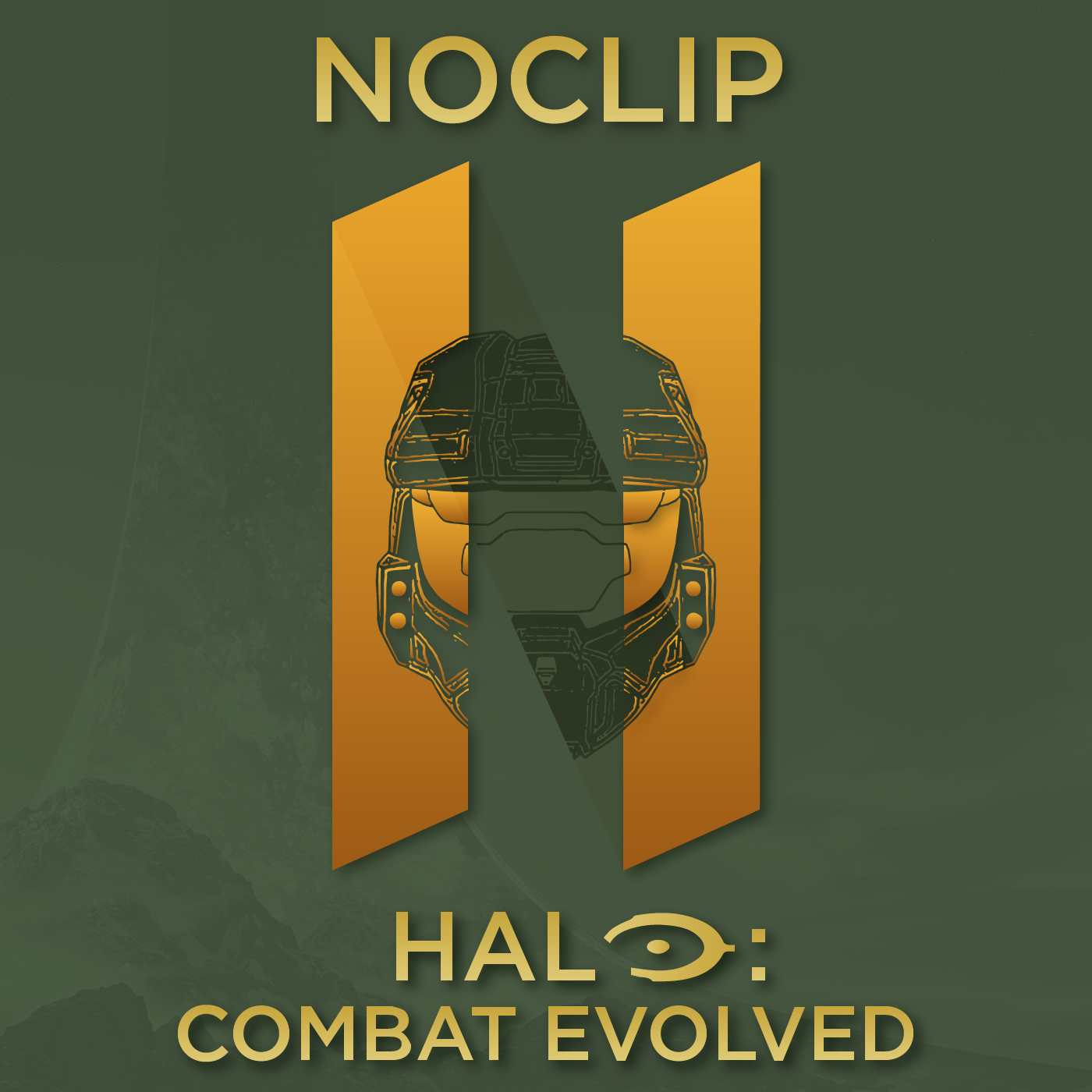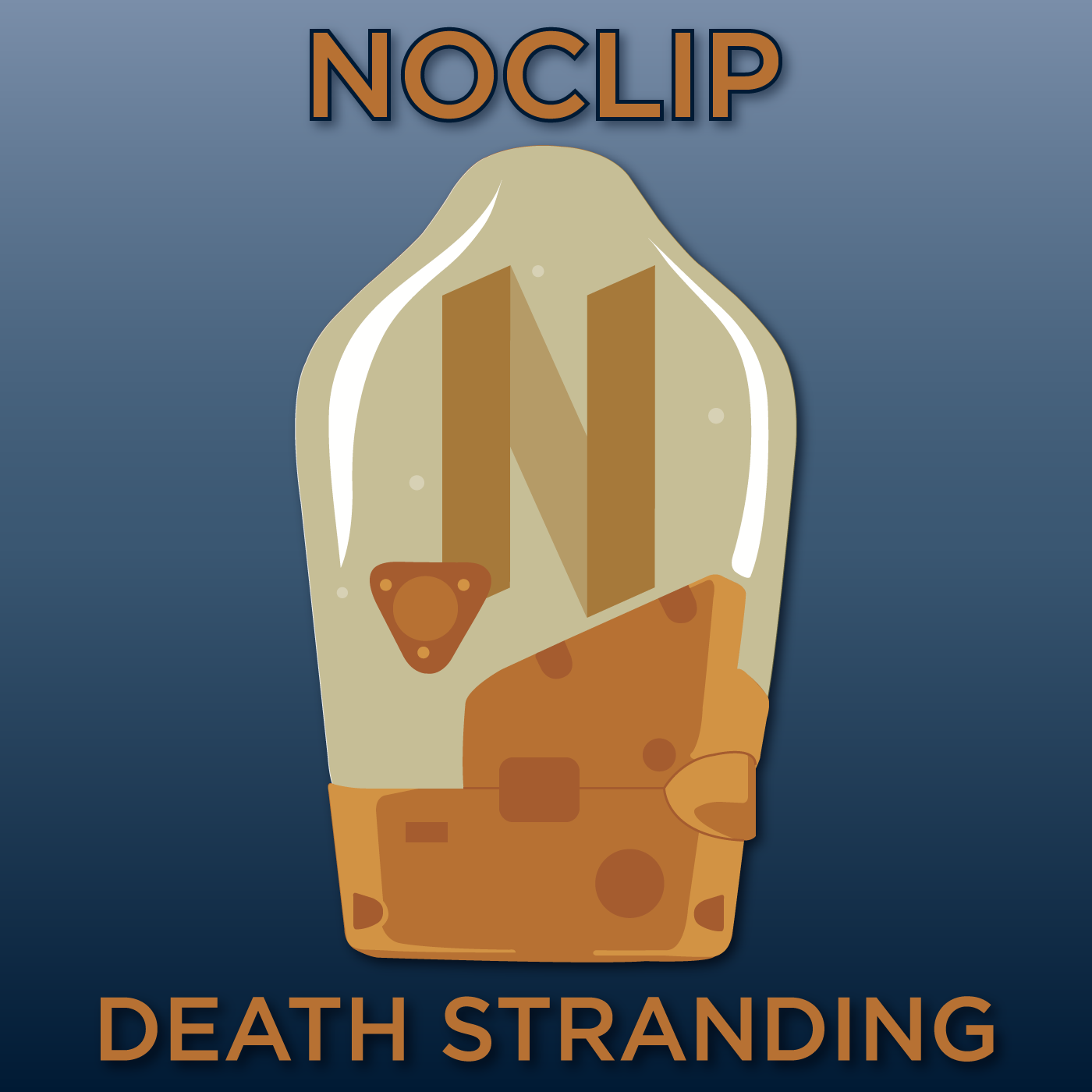So, did you figure out why she did it? Recorded the podcast?
Welcome back! Today, we’re going to be talking about Her Story, Sam Barlow’s desktop simulator mystery game, which has you searching terms in a database of interviews to find clips that each tell small parts of the story, and assembling the answers from those. Of all the games we’ve played for Mystery May (or Nancy June, this year), this game relies the most on your own ability to figure out what’s going on and only rewards your intuition with terms that provide progressively more context. The game doesn’t even have a traditional ending, instead allowing the player to determine when they are satisfied with what they know. All this adds up to one of the most unique games we’ve talked about and one that is actually pretty difficult to analyze in our usual way. We’re going to talk about design in a game where the player has complete freedom within its mechanics, how the premise is sold on aesthetic and great acting, and about a horrible CG lady.
Thank you for listening to NOCLIP Pocket this week, and we hope you’ve enjoyed our choices for mystery games this year. This is one we’ve considered doing for years now, but it’s surprisingly intimidating to talk about a game that we like this much for reasons that are so unusual. Next time we’re going to be talking about Sayonara Wild Hearts, so we hope you’ll check it out then.





















